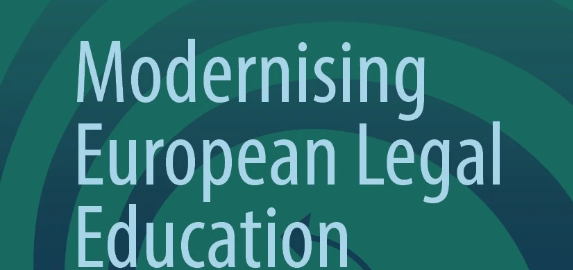Auf dem verfassungsblog fordern zahlreiche deutsche Wissenschaftlerinnen und Wissenschaftler des Verfassungs- und Völkerrechts die gesetzgebenden Organe des Bundes auf, das Klimaschutzgesetz nicht abzuschwächen. Außerdem fordern
Weiterlesen

Auf dem verfassungsblog fordern zahlreiche deutsche Wissenschaftlerinnen und Wissenschaftler des Verfassungs- und Völkerrechts die gesetzgebenden Organe des Bundes auf, das Klimaschutzgesetz nicht abzuschwächen. Außerdem fordern
Weiterlesen
The e-book “Modernising European Legal Education (MELE): Innovative Strategies to Address Urgent Cross-Cutting Challenges”, co-edited by Thomas Giegerich, has just been published by Springer. It
Weiterlesen
In his most recent Saar Expert Paper on “UN Security Council Resolution 2681 (2023) on Women’s Rights in Afghanistan: How to Confront a Goyaesque Sleep
Weiterlesen
Unser jüngster Saar Blueprint von Merle Arndt zur Änderung der Zuständigkeiten im Vorabentscheidungsverfahren vor dem EuGH ist hier abrufbar.
Weiterlesen
Anlässlich des Europatages wirft Prof. Dr. Thomas Giegerich im neusten Saar Brief einen Blick sowohl in die Vergangenheit, als auch in die mögliche Zukunft der
Weiterlesen
In our recent Saar Brief Mel Kenny supplements his article published in the first edition of ZEuS 2023 dealing with the Northerin Ireland Protocol and
Weiterlesen